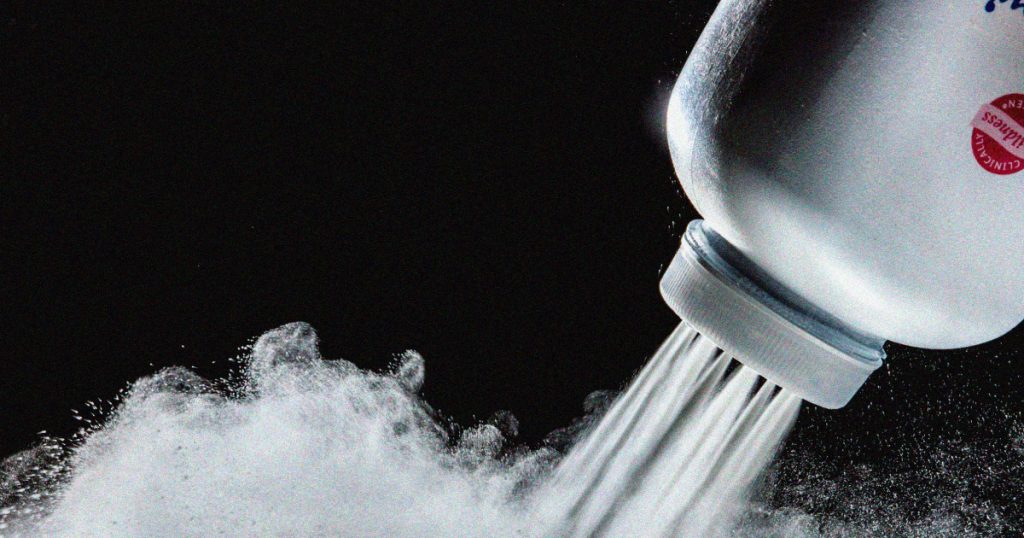New research published in the Journal of Clinical Oncology this week supported the more than 50,000 lawsuits against Johnson & Johnson, claiming that its talc-based baby powder caused ovarian cancer. The researchers from the National Institutes of Health analyzed data from the Sister Study, which included over 50,000 women in the U.S. from 2003 to 2009, finding an association between talc powder use on the genitals and ovarian cancer. The risk was higher for those who used the powder frequently or for extended periods.
Lawsuits against J&J related to talc-based products date back to 1999 when a woman alleged that her mesothelioma was caused by a lifetime of using the powder. Since then, many others have filed claims for ovarian cancer or mesothelioma allegedly caused by asbestos in J&J baby powder. J&J has maintained the safety of its talc products and denied the presence of asbestos. The new research adds weight to the plaintiffs’ argument, with trials set for December in New Jersey.
J&J’s worldwide vice president of litigation stated that the new analysis does not establish a causal relationship between talc powder use and ovarian cancer. Despite this, the company proposed a settlement of approximately $6.48 billion to resolve the lawsuits, contingent on moving the cases to bankruptcy court with a 75% claimant approval. However, previous attempts by J&J to resolve talc lawsuits in bankruptcy court have been unsuccessful.
The new study highlighted concerns about the potential harms of talc products, suggesting that women reevaluate their use of talc-based products. Although current formulations of J&J baby powder use cornstarch instead of talc, concerns remain due to the proximity of talc and asbestos in nature, potentially leading to contamination. J&J discontinued talc-based baby powder in North America in 2020 and discontinued internationally in 2021.
The debate surrounding the research linking talc and ovarian cancer is likely to be a focus in the upcoming J&J case. J&J has contested findings linking ovarian cancer to talc, citing previous research that did not find a significant association between the two. The new study, however, accounts for lifetime use and potential reporting inaccuracies. Concerns have also been raised regarding the impact of talc products on body shame and women’s perceptions of cleanliness and odor.
Overall, the new research adds to the existing body of evidence linking talc powder use to ovarian cancer, supporting the claims of thousands of women who have filed lawsuits against Johnson & Johnson. As legal battles continue, the findings serve as a timely affirmation of the position taken by plaintiffs’ experts, with trials scheduled for December. As the debate over the safety of talc-based products continues, it is essential for women to consider the potential risks and rethink their use of these products.


